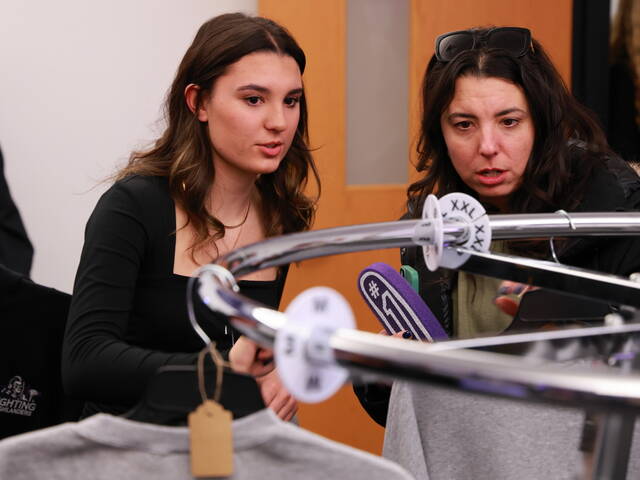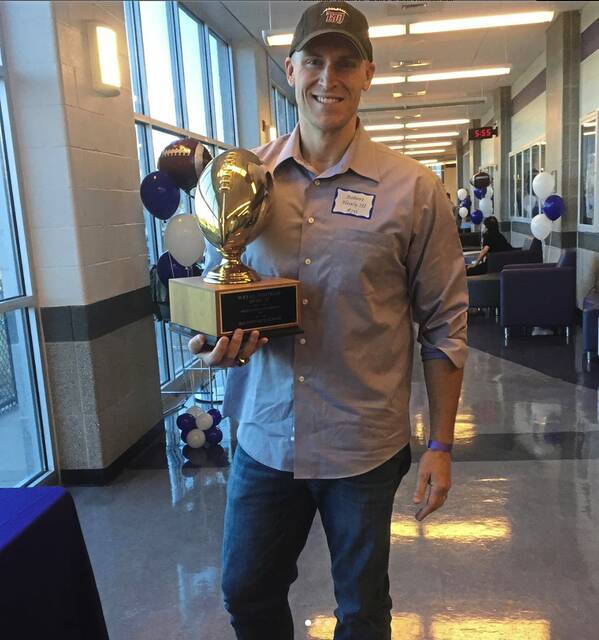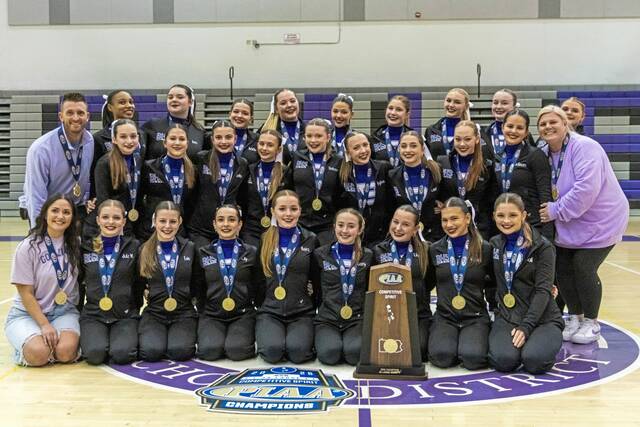Attorneys for accused synagogue shooter Robert Bowers are asking a federal judge to ease some of the restrictions prosecutors have placed on the defense’s ability to review evidence in the case, including their requirement that the evidence review take place in full view of police and prosecutors.
According to the motion filed Tuesday with U.S. District Judge Donetta Ambrose, defense attorneys said they were previously limited to one laptop without audio or video capabilities, required to undergo FBI background checks and forced to examine only one piece of evidence at a time, as opposed to being permitted to divide evidence into groups.
Attorneys also said two of the prosecutors remained in the room during the evidence review and took notes, and armed FBI agents stood guard, according to the filing.
“The various limitations imposed by the government impeded the review and necessitated several follow-up requests by the defense,” Bowers’s attorneys wrote.
Bowers, 48, faces dozens of federal charges related to his 2018 rampage at the Tree of Life synagogue in Pittsburgh’s Squirrel Hill neighborhood. Eleven worshippers across three congregations were killed in the gunfire, and two others were injured. Five police officers were also injured.
The court filing asks Ambrose to intercede and bar prosecutors from remaining in the room during the evidence review. It also asks that law enforcement officers standing watch not be connected to the prosecution, plus they be prohibited from discussing with prosecutors what they heard or saw.
“Members of the defense team,” attorneys wrote, “are entitled to a robust discussion and examination, where they can talk, look at items and work outside the presence of the prosecution.”
Defense attorneys wrote that prosecutors told them this is their “established practice for every physical evidence review,” but “it is the collective experience of the (defense) that prosecution counsel are not present every physical evidence review.
Bruce Antkowiak, a professor at Saint Vincent College and former federal prosecutor and defense attorney, said whatever the norm is goes out the window when it comes to a death penalty case.
“The government’s concern is that the evidence be preserved in the way it was seized, as establishing a proper chain of custody may be an issue in establishing it’s admissibility (during the trial),” he said. “The defense wants the chance to review the evidence in an atmosphere where they can discuss and analyze it without fear of giving away trial strategy.”
Both, he said are legitimate concerns, and it will be up to Ambrose to hand down a reasonable solution.
Prosecutors have until Aug. 27 to respond to the motion.
Bowers’ attorneys have previously said he would plead guilty in exchange for waiver of the death penalty. His defense team includes attorney Judy Clarke, known for her defense of people like Ted Kaczynski (known as the Unabomber), Susan Smith, who drowned her two children in 1994 and claimed they’d been kidnapped, and Centennial Olympic Park bomber Eric Rudolph, among others. She helped secure sentences of life in prison for them rather than the death penalty.








